
by Gene Crawford | Mar 4, 2025 | Blog, Inspiration
We’ve all been there. You wake up, and your body feels sluggish. Your mind whispers excuses: “I’ll train tomorrow,” “I’m too tired,” “I don’t have time.” Before you know it, you’ve skipped another session.
The difference between high performers and everyone else isn’t that they always feel motivated; it’s that they train even when they don’t want to. This is where Jocko Willink’s “Discipline = Freedom” philosophy comes in:
“Don’t expect to be motivated every day to get out there and make things happen. You won’t be. Don’t count on motivation. Count on discipline.” — Jocko Willink
Motivation is temporary: it’s an emotional state that fluctuates. Discipline, on the other hand, is a system. It removes the need for motivation because you train whether you feel like it or not. And that’s what creates freedom, the freedom to perform at a high level, to reach your goals, and to control your own destiny.
Why We Struggle to Train When We Don’t Feel Like It
Before we fix the problem, we need to understand why laziness or hesitation happens in the first place.
A. Mental Barriers That Kill Discipline:
❌ Instant Gratification Wins – Your brain prioritizes short-term comfort (Netflix, scrolling, staying in bed) over long-term benefits.
❌ Overthinking Kills Action – You spend too much time thinking about training instead of just doing it.
❌ Perfectionism Leads to Paralysis – You tell yourself, “If I can’t train perfectly, I shouldn’t train at all.”
❌ Emotions Dictate Action – You wait until you feel motivated instead of training out of habit.
The Jocko Willink Approach: Discipline Over Feelings
Jocko’s core belief is simple: You don’t negotiate with your feelings. You do what needs to be done—no matter what.
This means:
- You train because it’s who you are, not because you feel like it.
- You don’t rely on motivation, you rely on habit and structure.
- You keep promises to yourself, no matter how tired or unmotivated you feel.
Discipline gives you freedom from excuses, freedom from regret, and freedom to achieve your potential. When you commit to discipline, laziness loses its grip on you.
Strategies to Train When You Don’t Feel Like It
Lower the Activation Energy: Make It Easy to Start
The hardest part is often just getting started. Instead of thinking, “I have to do an intense 2-hour session,” break it down:
✅ “I’ll just warm up for 5 minutes.” (Momentum builds action.)
✅ “I’ll only do one set.” (You’ll likely keep going once you start.)
✅ “I’ll put my gi or gym clothes on and step outside.” (Dressing for action makes it easier to commit.)
Create a Non-Negotiable Routine
Jocko wakes up at 4:30 AM every single day. Why? Because routine eliminates decision fatigue. If you build a structured, non-negotiable training schedule, it removes the need to think about if you should train, you just do it.
✅ Train at the same time every day.
✅ Make it a priority, not an option.
✅ Treat it like brushing your teeth, it just happens, no excuses.
The 2-Minute Rule: Just Show Up
If you’re feeling lazy, tell yourself: “I’ll train for just 2 minutes.”
Once you start, your brain switches gears, and you’ll almost always keep going. Action creates motivation, not the other way around.
Use the “Future You” Mindset
Ask yourself:
“Will I feel better or worse after skipping this session?”
“If I skip today, will it be easier or harder to train tomorrow?”
“What would a disciplined version of myself do right now?”
Train for your future self, not your present emotions.
Accountability & Non-Negotiable Standards
✅ Train with a partner – It’s harder to skip when someone else expects you to show up.
✅ Announce your commitment – Tell a friend, social media, or a coach so you’re held accountable.
✅ Develop warrior standards – Make training part of your identity. Instead of saying, “I should train,” say, “I don’t miss training.”
Remove Comfort as an Option
Jocko’s mindset: Comfort is the enemy. If you always allow yourself the easy way out, you’ll take it.
- Set your alarm far from your bed so you have to get up.
- Keep your training gear in plain sight as a visual trigger.
- Remove distractions before they become an excuse.
Why This Leads to Freedom
Discipline creates freedom because:
✅ You don’t waste time debating whether to train. You just do it.
✅ You’re free from the guilt and regret of skipping sessions.
✅ You’re free from the limitations of your emotions controlling you.
✅ You build a body and mind that can handle anything life throws at you.
Once you make training a non-negotiable, you unlock the freedom to be stronger, tougher, and more in control of your life.
Who Do You Want to Be?
Every time you choose to train when you don’t feel like it, you’re proving to yourself that you’re a warrior, not a quitter. The hard days are what separate the disciplined from the weak.
The question isn’t whether you feel like training.
The question is: Do you want to be weak, or do you want to be strong?
Answer with action. Get up. Get after it.
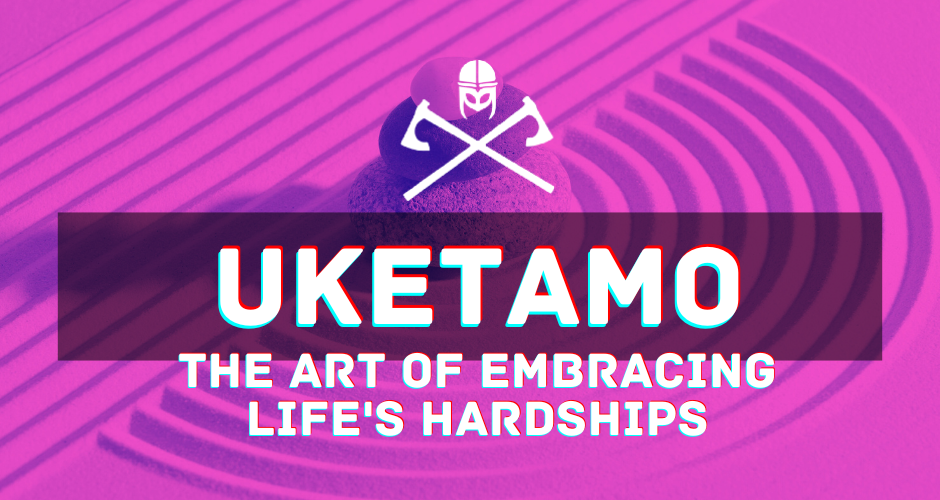
by Gene Crawford | Mar 3, 2025 | Podcast
Unlock the power of Uketamo and transform your approach to life and martial arts. This episode explores the intersection of ancient Japanese philosophy and modern resilience-building techniques, revealing how radical acceptance can turn pain and failure into growth. Inspired by Yamabushi monks and the stoic mindset of “embracing the suck” used by Navy SEALs, we discuss how embracing discomfort with gratitude enhances adaptability and strength. Whether you’re a martial artist, coach, or navigating life’s challenges, Uketamo offers a path to composure and learning from setbacks. Share your thoughts, subscribe, and help us build a community rooted in strength and discipline.
(more…)
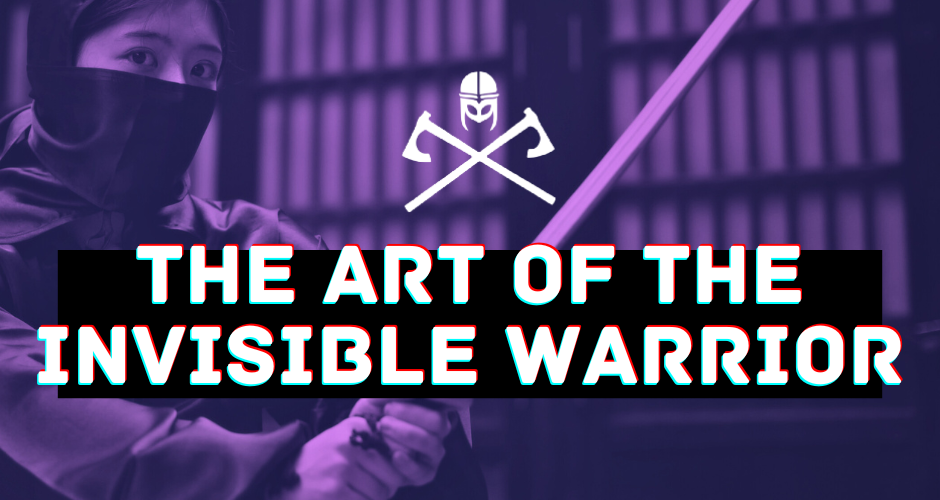
by Gene Crawford | Feb 24, 2025 | Podcast
Can the ancient art of ninjutsu unlock modern-day success? Let’s explore how this stealthy discipline offers powerful lessons in mindfulness, adaptability, and resilience. Inspired by Stephen K. Hayes’s Ninjutsu: The Art of the Invisible Warrior, we uncover how its timeless principles transcend combat, shaping leadership, strategy, and personal growth. Through historical insights, modern applications, and techniques like meditation and visualization, we reveal how embracing the ninja mindset fosters patience, foresight, and balance in an unpredictable world. Tune in to discover how ninjutsu’s wisdom can guide you toward mental fortitude, integrity, and true happiness.
(more…)
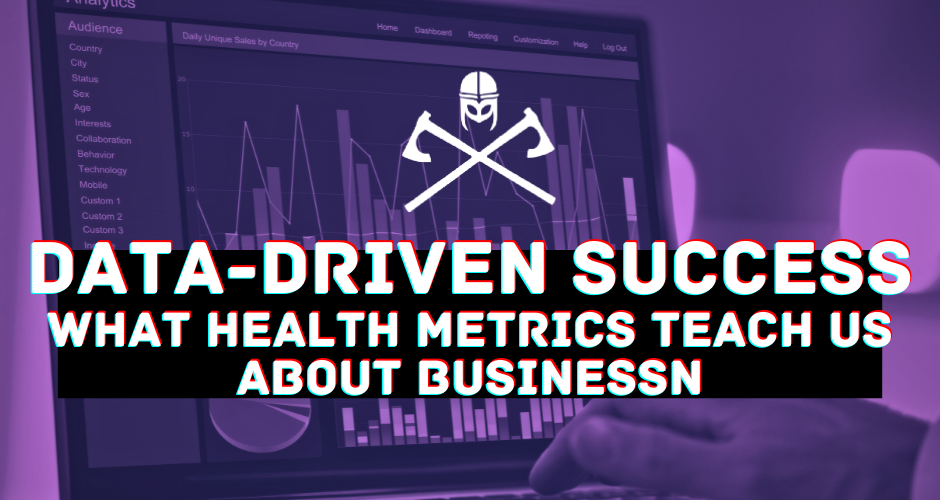
by Gene Crawford | Feb 17, 2025 | Podcast
In this episode we dive into the power of stealth biometrics—how tracking key health metrics, inspired by the Whoop strap, can transform both personal wellness and business strategy. A wake-up call from alarming blood work sparked a journey of self-optimization—leveraging sleep tracking, stress management, mindful eating, and intermittent fasting to build resilience and peak performance.
But this isn’t just about health. The same principles that drive physical improvement—data, discipline, and continuous progress—are the foundation of business success. We break down how tracking and measuring key metrics can help you build financial safety nets, create sustainable growth, and cultivate a mindset built for long-term success.
Tune in to discover how embracing data-driven decisions and consistent refinement can elevate both your body and your business. It’s time to take control, set meaningful goals, and thrive.
(more…)
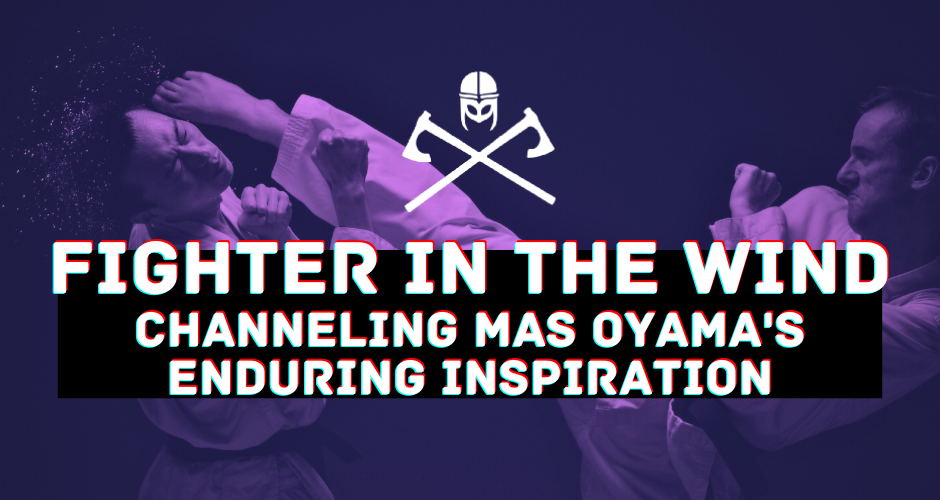
by Gene Crawford | Feb 10, 2025 | Podcast
After experiencing the transformative power of martial arts firsthand, I couldn’t wait to share the film “Fighter in the Wind” with you. The movie portrays how Mas Oyama’s indomitable spirit and quest for strength can inspire us all. We dissect how the movie reflects his resilience amidst discrimination and personal battles, a narrative that speaks to the warrior ethos of perseverance and self-improvement. The blend of historical accuracy and mythological flair typical of martial arts cinema adds a really fun layer to Oyama’s legacyr.
Beyond the cinematic portrayal, let’s delve into the essence of building a warrior mindset. By drawing wisdom from iconic figures like Rocky and David Goggins, discussing concepts like shugyo—intense training that shapes mental and spiritual fortitude. It’s about finding that delicate balance: pushing your limits without veering into excessive performances. Resilience and composure in adversity aren’t just innate talents but skills to be trained and honed. Embrace the path of personal growth, whether through martial arts or everyday challenges, and unlock the grace and determination to conquer life’s obstacles. Join us on a journey to harness the true spirit of a warrior, becoming a better version of yourself with each passing day.
You can watch the movie on Youtube for free here!
(more…)
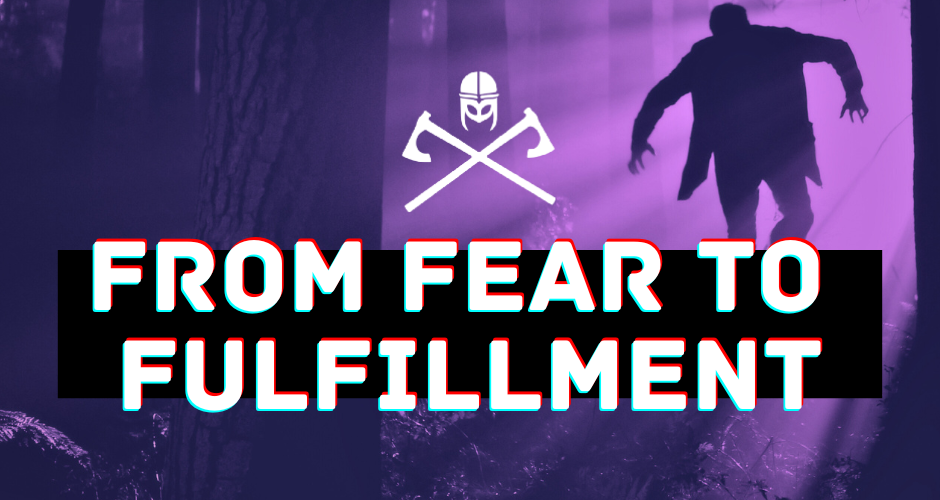
by Gene Crawford | Feb 3, 2025 | Podcast
Unlock the secrets of mastering your mindset in this episode, where ancient wisdom meets modern challenges. We explore how traditional martial arts and stoic philosophy, with insights from masters like Masakai Ikemiyagi and Ryan Holiday, foster resilience and growth. Reflecting on Seneca’s teachings, we highlight the value of time, relationships, and intentional communication while sharing strategies to overcome fear and procrastination. Through personal anecdotes and listener stories, we discuss overcoming addiction, embracing spirituality, and building meaningful connections. With a critical look at online life advice, this episode offers reflection, practical tips, and inspiration to fuel your journey toward fulfillment.
(more…)
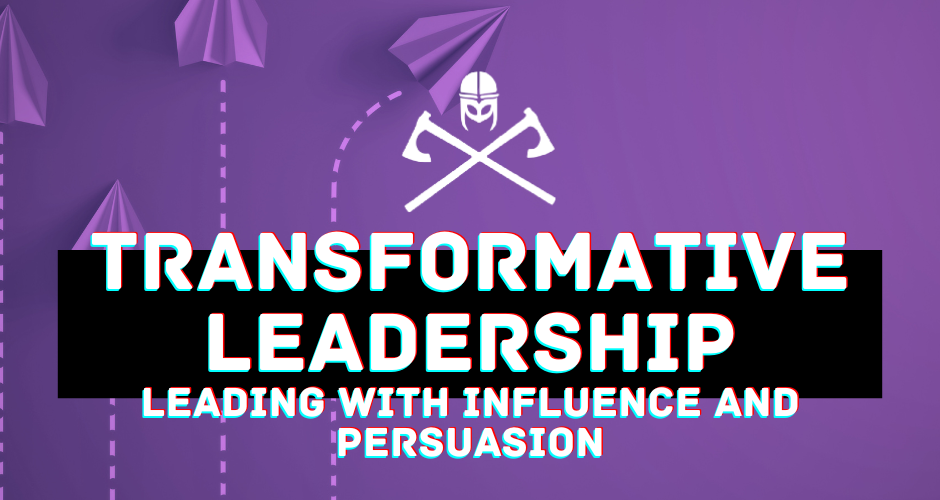
by Gene Crawford | Jan 27, 2025 | Podcast
What if leadership was more about influence than authority? Discover how embracing a team mindset can transform your approach to management in our latest episode of the Warrior Mindset Podcast. We unravel the subtle art of leading with persuasion, shifting from a traditional hierarchy to a culture of collaboration and shared goals. Hear personal stories about integrating new team members and inspiring a team even when outcomes are uncertain. Leadership isn’t just about steering the ship; it’s about inspiring the crew to sail with you.
The nuances of communication, especially in our increasingly digital world, take center stage as we discuss overcoming the inherent challenges of text-based interactions. Miscommunication can be a silent saboteur in any organization, but with the right strategies, it can be mitigated. Learn how setting clear intentions can create alignment and clarity, transforming meetings from chaotic to cohesive. We’ll share insights on how simple adjustments, like asking the right questions, can lead to profound revelations and foster deeper connections among team members.
Stories are powerful tools, and we explore their impact in leadership and beyond. Through relatable anecdotes, we highlight the importance of storytelling in building influence and strengthening relationships. Discover how small wins in marketing and sales can lead to significant successes, and why patience and persistence are your allies on the path to personal and professional growth. Whether it’s drawing lessons from military leadership or sharing personal experiences of failure, this episode is packed with practical advice to enhance your leadership journey through understanding, preparation, and shared values.
(more…)
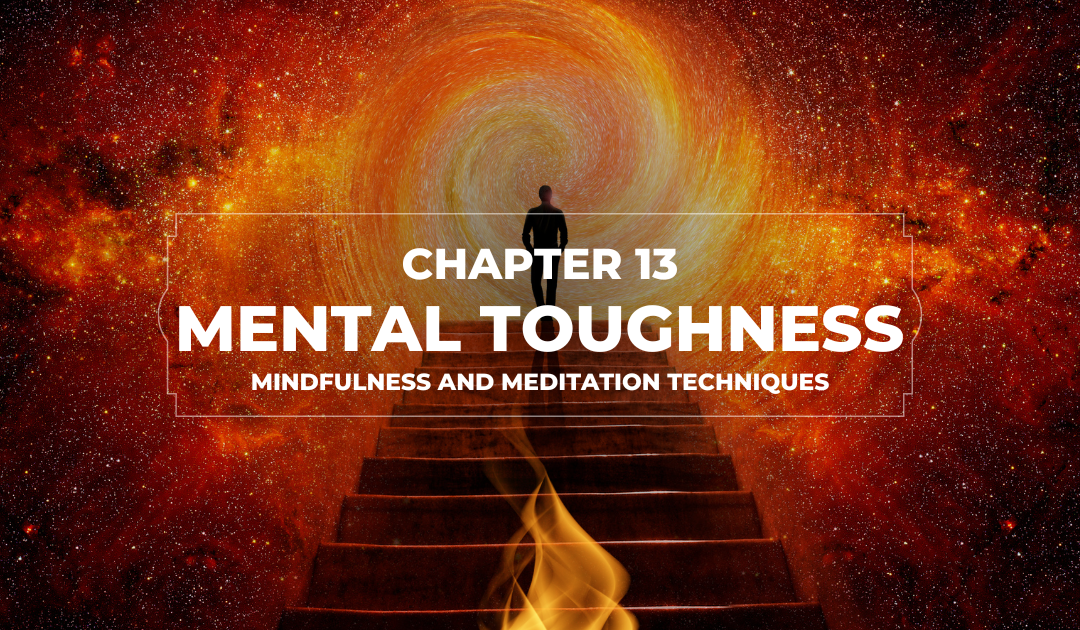
by Gene Crawford | Jan 24, 2025 | Blog
In this chapter, we will explore the benefits of mindfulness and meditation, and how they relate to mental toughness. We will discuss the impact of stress on mental health, and provide practical tools and techniques for practicing mindfulness and meditation.
Mindfulness and meditation are powerful tools for developing mental toughness, managing stress, and improving overall well-being. Mindfulness involves being present and fully engaged in the present moment, while meditation involves focusing one’s attention and clearing the mind. In this chapter, we will explore the benefits of mindfulness and meditation, and how they relate to mental toughness. We will discuss the impact of stress on mental health and provide practical tools and techniques for practicing mindfulness and meditation.
Stress can significantly impact an individual’s mental health, leading to anxiety, depression, and other mental health issues. Mindfulness and meditation can help manage stress and promote better mental and emotional well-being.
Here are some practical tips for practicing mindfulness and meditation:
Set aside time for practice: Schedule regular time for mindfulness and meditation practice, such as first thing in the morning or before bed.
Find a quiet, comfortable space: Choose a quiet, comfortable space where you can practice mindfulness and meditation without distraction.
Focus on your breath: Focus on your breath and pay attention to the sensations in your body.
Notice your thoughts: Notice your thoughts without judgment and let them pass without attachment.
Use guided meditations: Use guided meditations, such as apps or videos, to help you get started and stay focused.
By implementing these tips and techniques, individuals can practice mindfulness and meditation and improve mental and emotional well-being. With intentional effort and practice, anyone can learn to practice mindfulness and meditation and develop the skills needed to manage stress and promote mental toughness.
Mindfulness and meditation are powerful tools for developing mental toughness, managing stress, and improving overall well-being. By setting aside time for practice, finding a quiet space, focusing on the breath, noticing thoughts without judgment, and using guided meditations, individuals can practice mindfulness and meditation and promote better mental and emotional health.
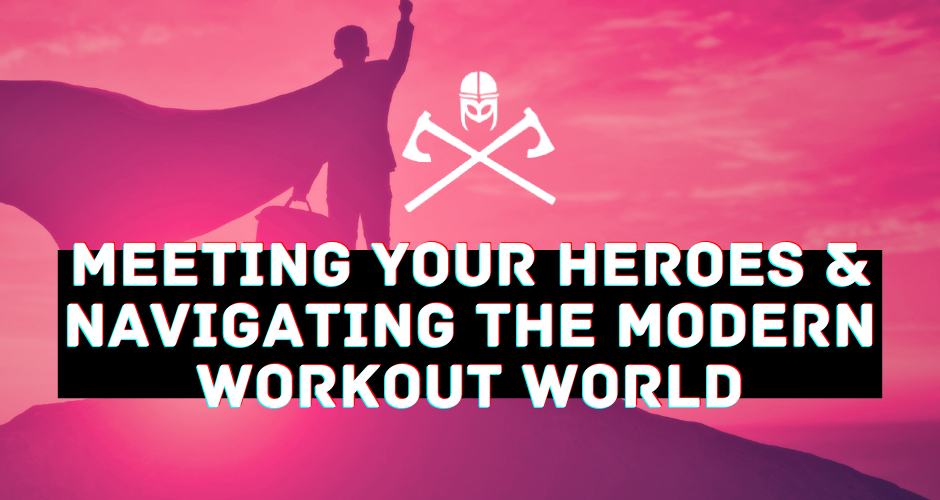
by Gene Crawford | Jan 20, 2025 | Podcast
Has CrossFit evolved from a brand into a genre redefining fitness? On this Debrief Episode of the Podcast, we explore this transformation via a post from Stu Stuart Brower of WTF Gym Talk, discussing the rise of non-branded functional fitness gyms, the challenges of quality coaching, and the value of experience over certifications. We also tackle fitness trends like Ozempic’s controversial use for weight loss and F45’s move to integrate weight loss drugs, raising questions about industry ethics and sustainability. Finally, we dive into combat dynamics, hero worship, and personal encounters with icons, encouraging reflection on lessons from public figures.
(more…)
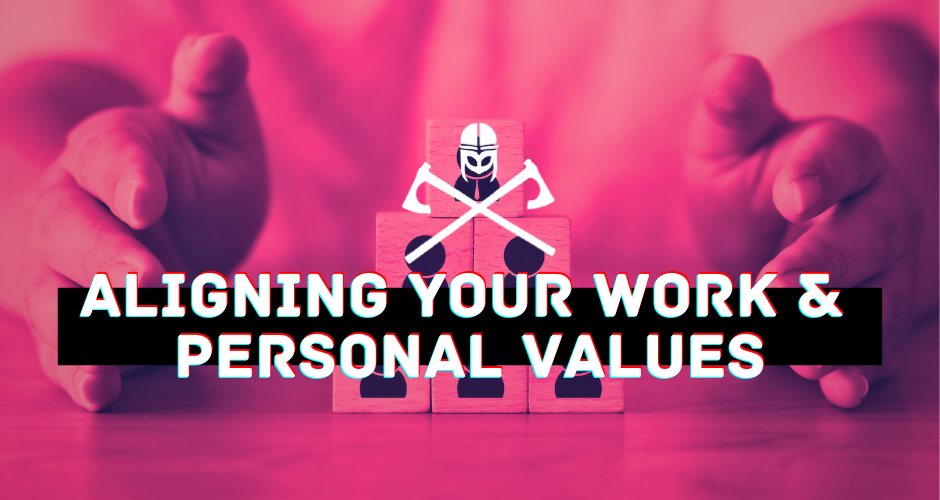
by Gene Crawford | Jan 13, 2025 | Podcast
Join Greg and I as we discuss the intertwined journey of life, business, and personal growth. We share lessons learned about taking responsibility for our choices, focusing on what we can control, and maintaining emotional balance—especially in challenging client interactions. Reflecting on early setbacks, we discuss the value of time as a finite resource, the importance of aligning work with personal values, and setting boundaries around less fulfilling commitments. Through stories of resilience, consistency, and integrity, we highlight the parallels between martial arts, entrepreneurship, and life, encouraging growth through presence, reflection, and intentional action.
(more…)
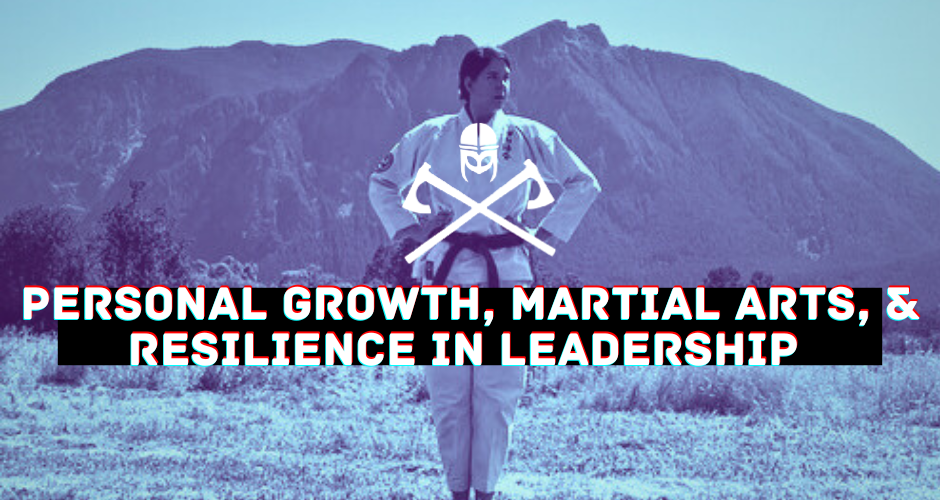
by Gene Crawford | Jan 6, 2025 | Podcast
Heather’s inspiring journey from a political newcomer to a 2x re-elected State House representative takes center stage in our latest episode. Hear firsthand how Heather’s perseverance and integrity have shaped her political career, offering valuable lessons on maintaining authenticity in a world often dominated by negativity. You’ll come away with insights into Heather’s unique campaign strategies that focused on accomplishments and future plans, proving that staying true to one’s principles can indeed pave the way to electoral success.
Our conversation also navigates the complex waters of maintaining genuine relationships in the digital age and the critical role of persistence. In a political landscape where perceptions can be as fleeting as a tweet, Heather shares her experience of building a reliable support system that stands through trials and triumphs alike. We tackle the pressing issues of public perception and the ever-present challenge of communicating intricate topics succinctly, reinforcing the idea that resilience often stems from embracing failures as opportunities to grow.
Reflecting on personal growth and resilience, Heather opens up about the transformative power of martial arts in her decision-making process, acting as a guide for justice and integrity. The discussion extends beyond politics, touching on the universal truths of overcoming setbacks and the strength found in sincere apologies. This episode promises to inspire with stories of personal evolution, highlighting the importance of self-reflection and the courage to navigate life’s complexities with honesty and humility.
(more…)
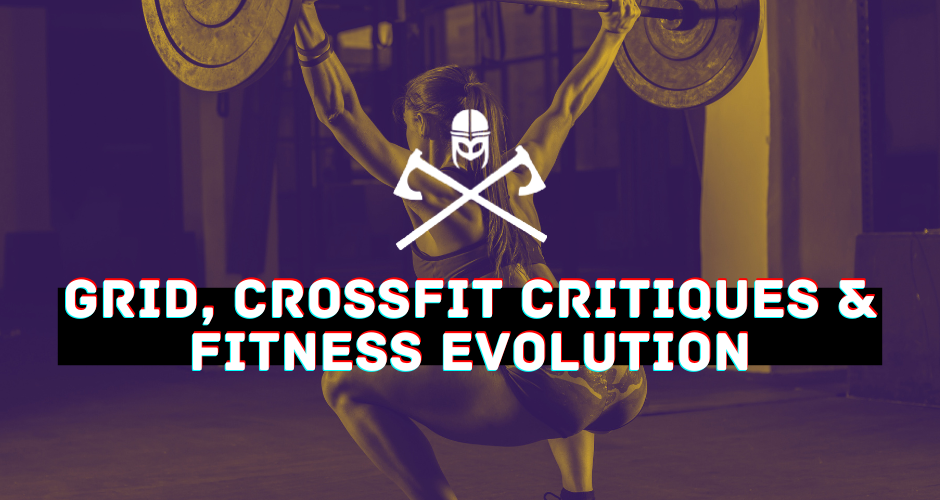
by Gene Crawford | Dec 16, 2024 | Podcast
Join us for an exhilarating conversation with Dan Jackson, fresh off his National Championship Grid win. We celebrate his team’s groundbreaking success as the first outside Florida to win since the league went national, reflecting on their five-year journey, the challenges they overcame, and the promising future of the sport of Grid. We also spotlight his remarkable comeback, insights from preseason camps, and the intense mental and physical demands of Grid and combat sports. Finally, we delve into CrossFit’s evolving landscape, athlete coaching dynamics, and the expanding culture of competitive fitness.
Dan Jackson – danejack61612
Head Coach – @atlantawild
Swim Coach – @kennesaw_masters_swim
Swim Coach – Direct Current Swimming
M. Ed. Coach Education and Athlete Development
(more…)
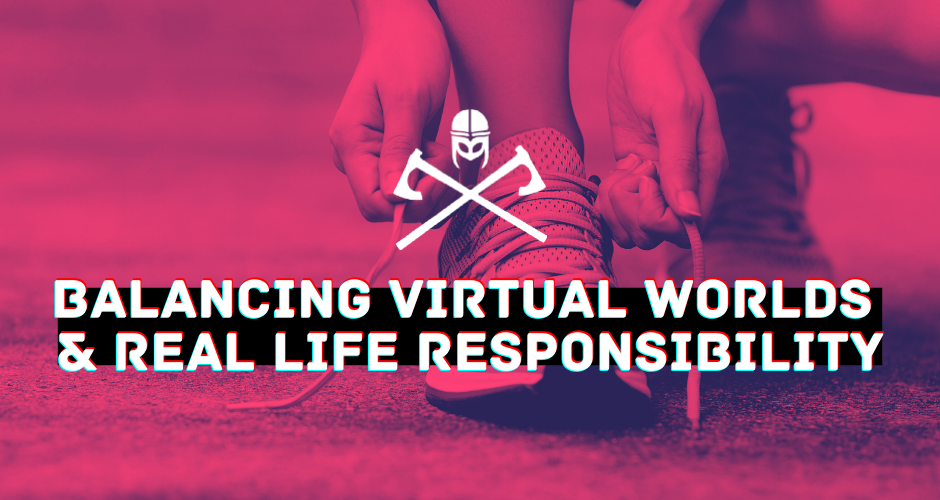
by Gene Crawford | Dec 9, 2024 | Podcast
Carl Smith and I discuss transitioning from a busy digital agency to a remote work setup brought lessons in autonomy, collaboration, and balance. In this episode, we share our journey of working with industry giants like Facebook and Epic Games, navigating the risks of overcommitting, and fostering diverse client relationships and creative spaces. We also explore personal growth through fear, martial arts, stoicism, and how practices like meditation, running, and community support shaped our leadership, especially during the pandemic. With stories of friendship, gratitude, and resilience, we reflect on the moments and mementos that symbolize growth and enduring connections.
https://bureauofdigital.com
(more…)
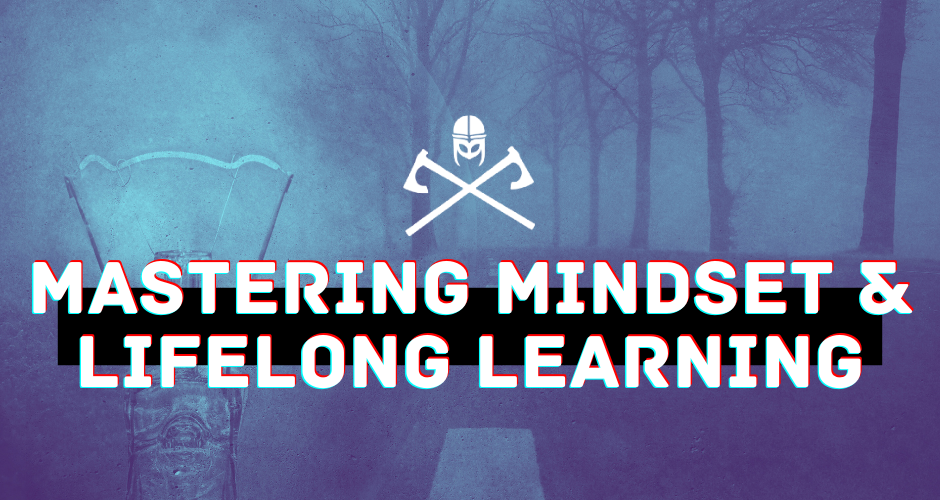
by Gene Crawford | Dec 3, 2024 | Podcast
Are you ready to redefine fitness and well-being as you age? In this episode, Shakeese and I dive into staying strong and mobile into our 40s and beyond. From David Goggins-inspired stories to insights on adapting workouts for aging athletes, we discuss the evolving importance of mobility, nutrition, and tailored routines. Mental resilience is equally vital, and we share strategies to overcome self-doubt and build confidence. Listen in as we explore discipline, mindful practices, and the wisdom of learning from others, leaving you with actionable steps for lifelong physical and mental growth.
(more…)
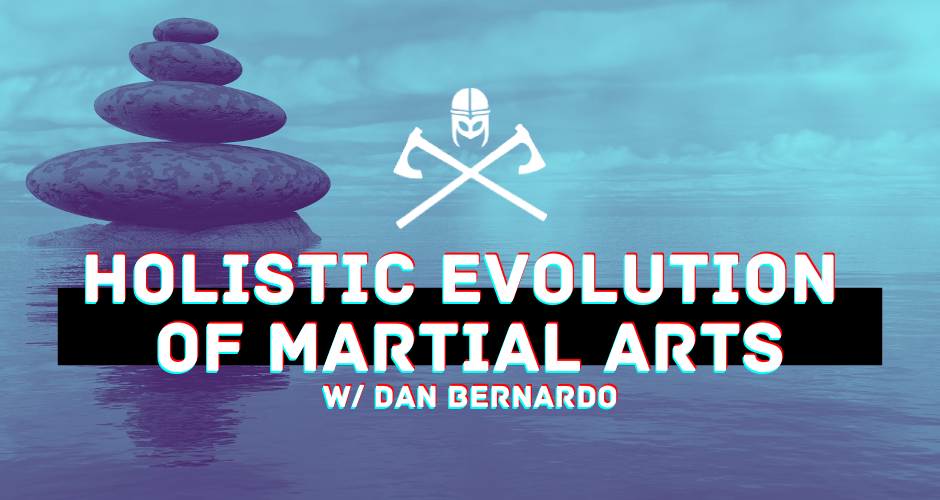
by Gene Crawford | Nov 25, 2024 | Podcast
Martial arts teacher Dan Bernardo shares his inspiring journey from assistant instructor to founder of his own school. He discusses the profound responsibilities of teaching, the balance between introspection and dynamic practice, and the cultural evolution of martial arts. Dan’s holistic approach emphasizes personal growth, community building, and ethical awareness, making this episode a must-listen for anyone curious about the transformative power of martial arts in life and society.
https://danbernardo.com
https://www.instagram.com/martialcalligrapher
(more…)
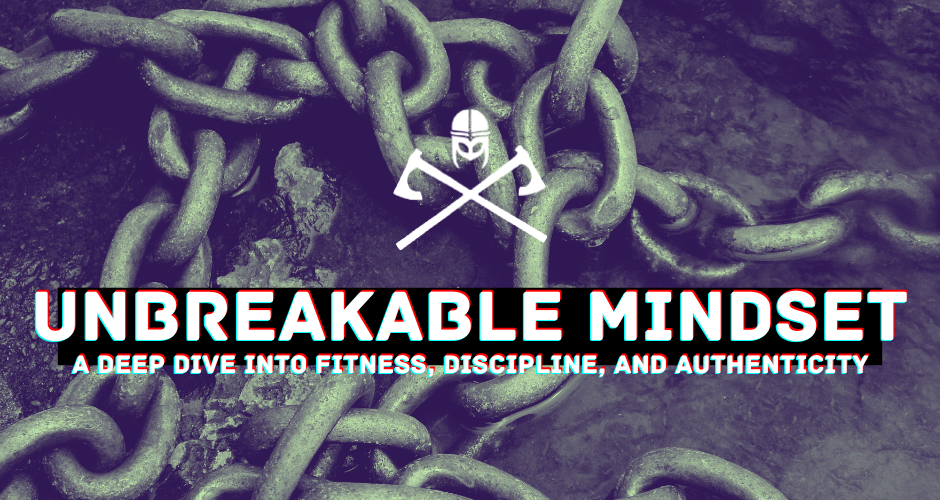
by Gene Crawford | Nov 19, 2024 | Podcast
In this Debrief style episode let’s together delve into the balance between fitness and mental resilience, exploring the thin line between disciplined commitment and obsession. With insights from icons like David Goggins and Mark Manson, we uncover what drives extreme exercise and how to keep a healthy perspective. Pro surfer Laird Hamilton and free climber Alex Honnold bring fresh views on risk and motivation, helping us assess personal limits. From transitioning between fitness styles to the significance of martial arts etiquette, we discuss injury prevention, respect, and authenticity—offering a guide to achieving both personal and physical growth.
(more…)
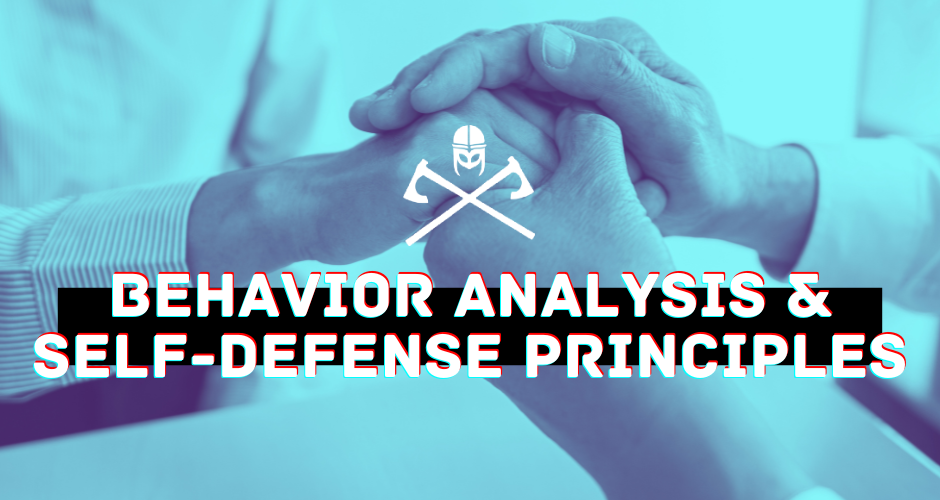
by Gene Crawford | Nov 12, 2024 | Podcast
In this episode, we explore diverse topics, from Madrid subway pickpocketing to crisis management in programs for adults with intellectual disabilities. Ley Linder, a seasoned behavior analyst and gerontologist, shares insights on how empathy and observational skills enhance leadership, self-defense, and even dog training. We also dig into a story about one of Ley’s employees who exemplifies quick thinking during a sensory overload crisis, highlighting the importance of patience in challenging environments. The episode wraps up with a heartfelt discussion on the emotional weight carried by caregivers, offering humor and practical advice on adapting to challenges in fitness and daily life.
(more…)
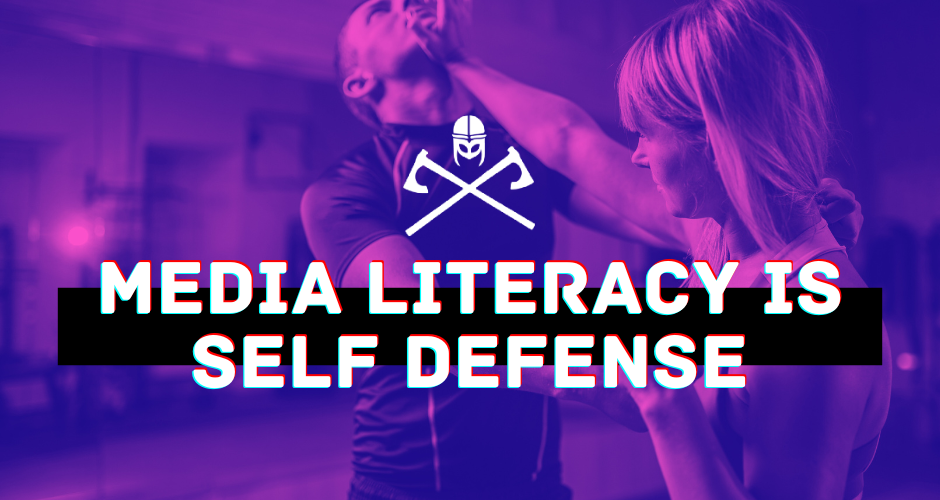
by Gene Crawford | Oct 30, 2024 | Podcast
In our digital age, media literacy is essential. Misinformation is rampant, often driven by hidden agendas, making it crucial to approach media with a critical eye. Understanding sources, motivations, and biases protects us from the spread of harmful narratives. The concept of “media literacy as self-defense” is key: just as we stay aware in our surroundings, we must safeguard our minds online. This includes verifying sources and recognizing emotional triggers. With informed vigilance, we can resist misinformation and actively uphold truth, building a resilient, media-literate society for the 21st century.
Staying vigilant, hopeful, and actively engaged in challenging misinformation is crucial, just as in physical self-defense.
- There is a lot of misinformation coming from both the right and the left on the internet, media, and social media, which is very dangerous.
- Media literacy is crucial as a form of self-defense against this misinformation and propaganda.
- Certain public figures and politicians have agendas that are solely focused on self-interest, and it’s important to be aware of that when consuming their content.
- The media often uses the excuse of “fairness” to give platforms to those spreading misinformation, which is irresponsible.
- Mainstream media has blurred the lines between journalism and other forms of media, leading to a lack of accountability and standards.
- Institutions and the government need to update legal laws and regulations to address the challenges posed by modern media and communication platforms.
- Individuals need to become more media literate by asking critical questions about the sources and motives behind the information they consume.
- The process of radicalization often exploits people’s emotional vulnerabilities, similar to how manipulative relationships work, and this is happening more frequently due to the lack of regulation in the digital space.
(more…)
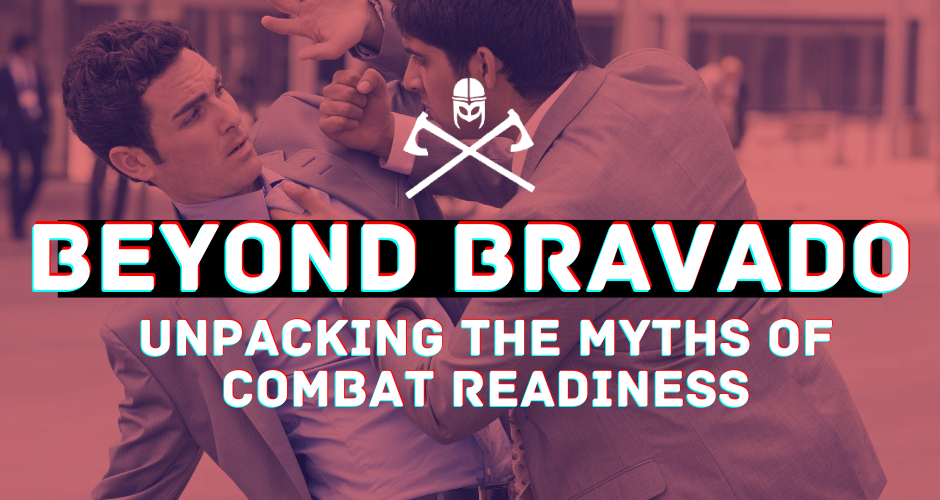
by Gene Crawford | Oct 14, 2024 | Podcast
In the latest episode of our podcast, we delve into the intriguing world of perceived combat readiness versus reality. This episode unravels the misconceptions many hold about their fighting capabilities and explores the psychological factors contributing to this phenomenon.
The Overestimation of Fighting Abilities
Our journey begins with an exploration of why individuals, especially men, often overestimate their fighting skills. Through the lens of psychology, we uncover how societal norms and media portrayals fuel this overconfidence. The Dunning-Kruger effect, a cognitive bias where people with limited knowledge overestimate their competence, plays a significant role here. We discuss how this bias, coupled with the illusion of invulnerability, leads many to believe they can handle real-world confrontations without formal training.
Identifying True Combat Readiness
Moving beyond misconceptions, we dive into what truly defines a skilled fighter. Contrary to popular belief, characteristics like cauliflower ear aren’t definitive indicators of fighting prowess. Instead, seasoned fighters exhibit a keen understanding of managing distance and avoiding unnecessary confrontations. We emphasize the importance of self-defense laws and nonviolent de-escalation techniques, highlighting the wisdom in choosing battles wisely.
Physicality vs. Preparedness
The discussion takes an interesting turn as we debate the role of physicality in combat readiness. Drawing on humorous anecdotes, including Cenk Uygur’s controversial claim of standing a chance against Joe Rogan, we highlight the gap between perceived and actual toughness. Our conversation underscores that physical size alone does not equate to combat skill, and societal attitudes towards physicality often skew perceptions of readiness.
The Role of Willpower in Street Fights
We explore hypothetical scenarios, such as potential street fights involving public figures like Alex Jones and Elon Musk. Here, the emphasis shifts to willpower and experience over pure technique. We reflect on past street fights, noting that resilience and the ability to take a punch often trump mere physicality. The psychology of fighting is dissected, revealing the disparities between actual skill and self-perception.
The Transformative Power of Martial Arts
Let’s take a deep dive into the world of martial arts, where respect, resilience, and continuous training redefine combat readiness. We discuss the Dunning-Kruger effect within martial arts training and the importance of respecting others’ skills. By fostering a challenging environment, practitioners can develop invaluable confidence and resilience, pushing past adversity to achieve true mastery.
Whether you’re interested in the psychology behind fighting or the practicalities of self-defense, this episode offers a comprehensive exploration of the myths and realities of combat readiness. Join us as we challenge traditional notions of toughness and redefine what it means to be truly prepared.
(more…)
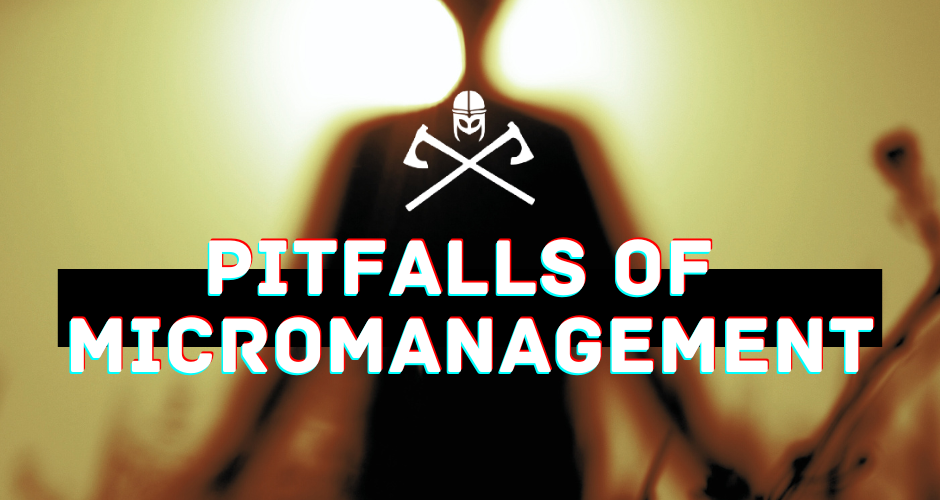
by Gene Crawford | Oct 7, 2024 | Podcast
Join us as we explore micromanagement in leadership, examining its causes, effects, and how to handle it. We question whether micromanaging stems from a need for control, sharing personal stories that show how anxiety over performance and pressure from higher management can contribute. We discuss its negative impact on creativity and respect, with examples from project management where excessive oversight hurt productivity. Through relatable scenarios like home remodeling,
we reflect on leadership, trust, and lessons from Jocko Willink’s Echelon Front, debating if trust must be earned from micromanaging leaders. We also consider the practicality of decentralized leadership and the responsibility to not enable micromanagement, challenging the idea of overcompensating for a controlling boss. The episode highlights the importance of communication, accountability, and trust, with personal stories emphasizing the benefits of autonomy and a trusting boss. We end with a humorous call for micromanagers to trust their teams—maybe even try a karate class to let go of control—and offer insights on improving leadership to create more respectful, effective work environments.
(more…)
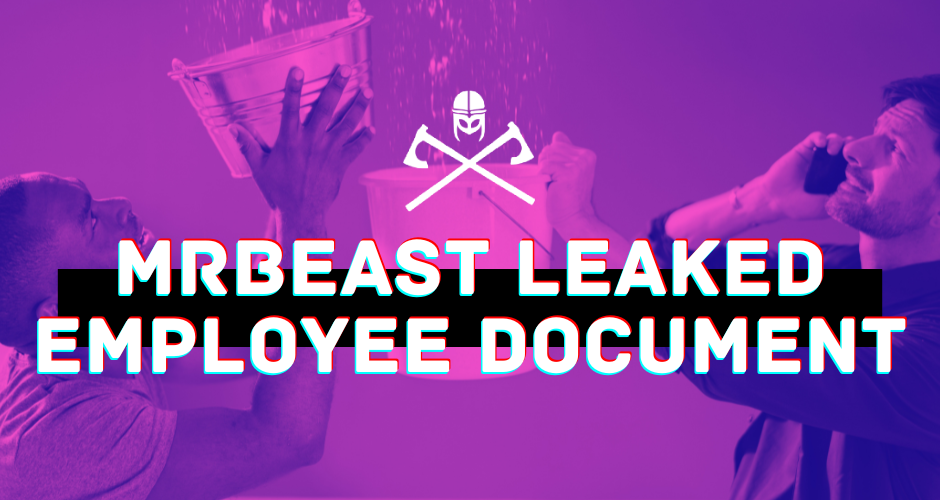
by Gene Crawford | Sep 30, 2024 | Podcast
The leaked MrBeast employee manual, which surfaced in September 2024, provides insights into the operations and production philosophy behind one of YouTube’s largest channels. The 36-page document, intended as an internal onboarding guide, outlines the high expectations MrBeast (Jimmy Donaldson) has for his team. It stresses a results-driven culture, where employees are judged on their output rather than the hours worked. The document categorizes employees into “A-Players,” who are the best at what they do, and warns against keeping “C-Players,” who are seen as detrimental to the team’s performance. This leak has come at a time when MrBeast faces various controversies, adding more fuel to ongoing debates about his work culture.
The A, B, and C player section of MrBeast’s leaked employee manual has sparked debate. It categorizes employees based on their performance: A-players are high-performing, coachable, and obsessed with their work, while B-players are trainable. However, C-players are deemed “poisonous” and should be removed from the company immediately. This has led to mixed reactions, with some praising the focus on excellence, while others criticize the potential harshness and pressure this framework imposes on employees.
(more…)
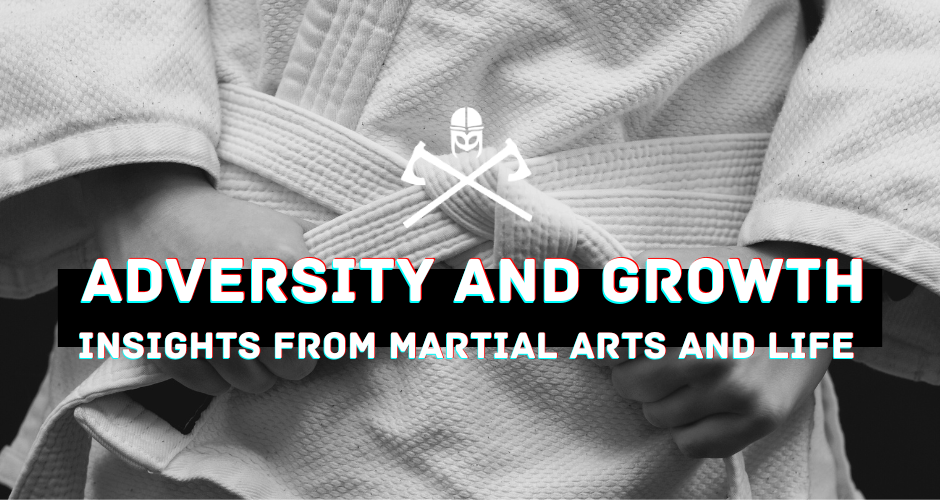
by Gene Crawford | Sep 23, 2024 | Podcast
Delve into the multifaceted world of jujitsu, exploring its potential for real-life self-defense, the challenges within the martial arts community, and the personal growth that stems from adversity. This episode is packed with gripping stories, insightful discussions, and practical advice. This is a must-listen for anyone interested in martial arts, personal development, or self-defense. The episode offers a balanced mix of real-life applications, critical discussions, and motivational insights, making it both informative and inspiring. Tune in to gain a deeper understanding of jujitsu’s potential to transform not just your physical capabilities, but your entire mindset.
(more…)

by Gene Crawford | Sep 10, 2024 | Podcast
In this episode we delve into the extraordinary life and career of Doug Bramlett, a seasoned veteran of both the military and law enforcement. His journey from an aspiring investigator to guarding Air Force One is filled with inspiring tales and profound insights. This episode not only explores Doug’s professional milestones but also touches on the critical topics of high level training and mental health challenges faced by first responders.
One of the most profound aspects of this episode is Doug’s candid discussion about the psychological toll of a career in law enforcement. He shares personal experiences dealing with trauma and hypervigilance, and the importance of seeking counseling and support. Programs like the VA’s trauma recovery and Travis Howze’ Post Traumatic Purpose seminars are highlighted as invaluable resources for first responders. Doug’s reflections on the ongoing journey of healing and addressing mental health struggles early provide a heartfelt and powerful perspective on resilience and recovery.
Doug’s insights into the complexities of police firearms training, the intricacies of fraud investigations, and the emotional challenges faced by first responders make for a compelling and enlightening conversation. Doug’s story is a testament to the resilience and dedication required in a career dedicated to public service, and his emphasis on the importance of mental health support is a crucial reminder for all those in similar fields.
Tune in to this powerful episode to hear Doug’s full story and gain valuable insights into the world of law enforcement and mental health.
(more…)
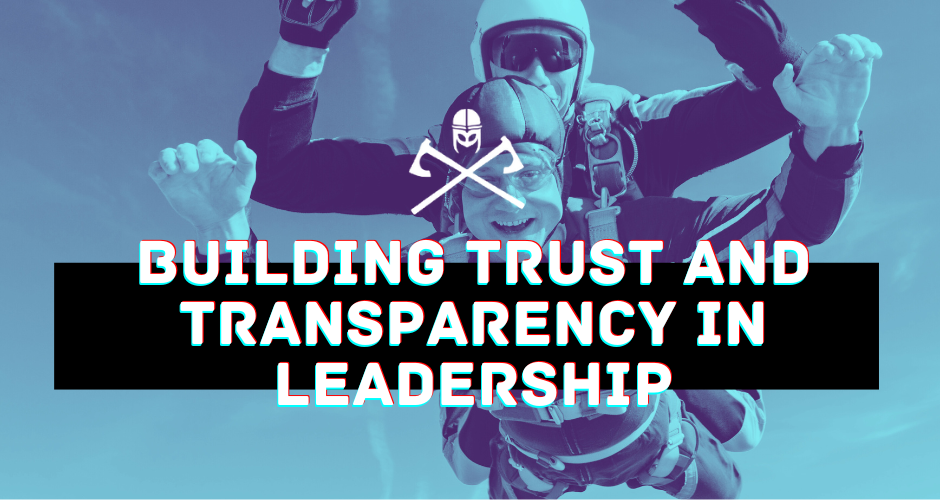
by Gene Crawford | Sep 3, 2024 | Podcast
Rob and I dive into the core elements of trust and transparency within an organization, especially during tough times. Learn why open communication, honesty, and integrity in leadership are essential for building a cohesive team. Reflecting on the economic hurdles of 2023, we analyze the overspending in the tech industry and its ripple effects on client relations and business decisions. This conversation also covers the tough, yet necessary, process of staff reduction and aligning team size with revenue for sustainable growth.
Get ready for a deep exploration of strategic planning and the role of accountability in leadership. Rob shares his unique methods for proactive planning and how setting clear, non-negotiable schedules can drive both personal and professional success. We discuss the generational influences on career paths, Rob’s journey, and the importance of setting clear goals. We emphasize the nuanced nature of decision-making and the wisdom of adaptability in navigating the complexities of life and business. Tune in for a rich blend of insights on leadership, personal growth, and the realities of running a business.
(more…)
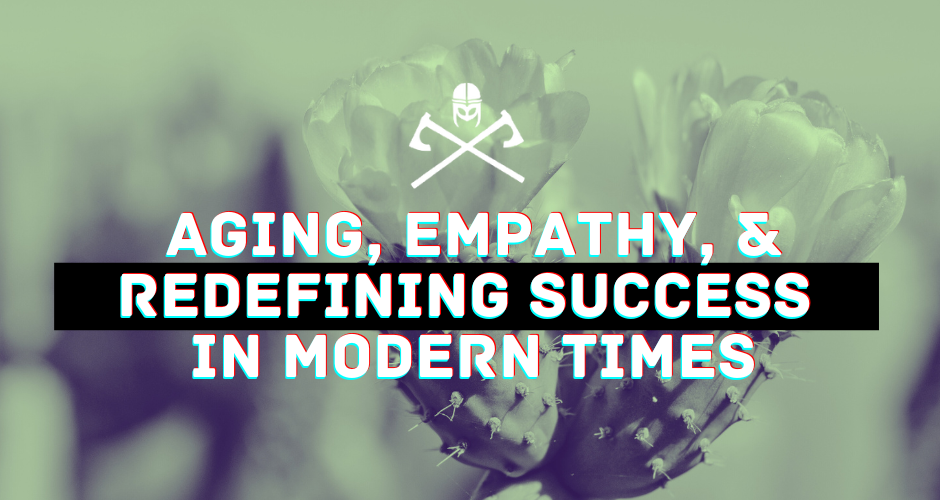
by Gene Crawford | Aug 27, 2024 | Podcast
Join us for an engaging discussion where we candidly explore the multifaceted nature of aging, self-worth, and societal values. We start by catching up on a fascinating eye transplant experience and its humorous implications, including an unexpected encounter at the DMV. This sets the stage for a heartfelt conversation about empathy and cognitive challenges, using President Biden as a poignant example of how aging can impact communication and mental agility. We also reflect on the broader struggles of forming coherent thoughts and adapting to change as we age.
Next, we shift our focus to the intricate relationship between self-worth, power, and external validation. Through references to popular TV shows like “Mad Men” and “Industry,” we illustrate how the pursuit of external achievements can lead to a cycle of never-ending goals without true satisfaction. Our discussion also touches on the medical industry’s rush to promote new treatments like Ozempic, drawing concerning parallels to the opioid crisis. Through personal anecdotes and professional insights, we contemplate finding meaningful work, maintaining community connections, and navigating the challenges of modern medical advice.
Finally, we explore the pervasive influence of money on societal values and personal success metrics. Reflecting on historical events like the Great Depression and World War II, we discuss how financial stability has shaped generations’ perceptions and priorities. We consider the ethical implications of prioritizing profit over holistic success and the detrimental effects of exploiting others for financial gain. Personal stories highlight the varying definitions of success, emphasizing a preference for fulfillment over wealth and questioning how we can balance these aspects in our lives.
(more…)
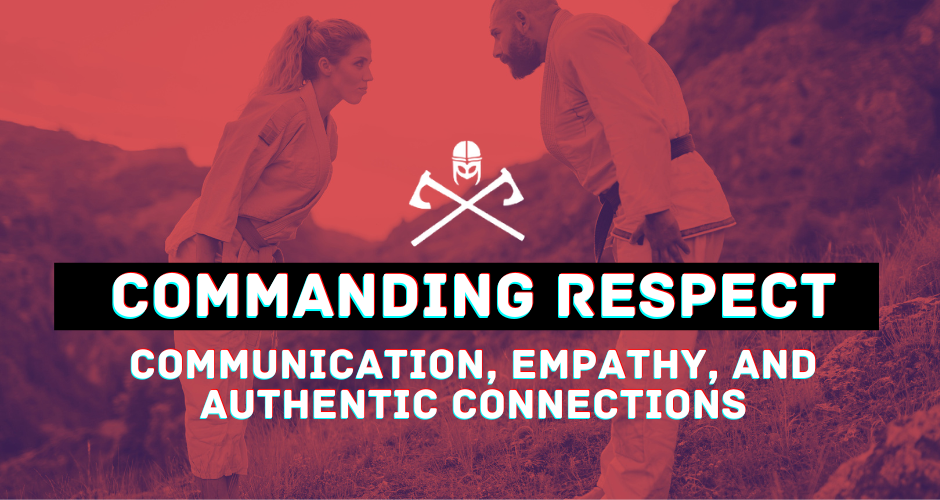
by Gene Crawford | Aug 20, 2024 | Podcast
What does it take to truly command respect without coming off as arrogant? Uncover the secrets behind this delicate balance in our latest episode. We dive into the essence of respect in communication, sharing personal stories and valuable insights on empathy, active listening, and politeness. From meeting new people to professional interactions, find out how these foundational elements can shape and elevate your connections.
We also touch on the balance between expecting respectful interactions and avoiding an entitled attitude. Authenticity and respect in interactions are more than just concepts—they are practices we can master. We share insights from various settings, including concerts and gyms, emphasizing the power of genuine actions over fear-based respect. Reflecting on the importance of self-awareness and adaptability, especially in professional and martial arts contexts, we highlight how these principles can help maintain positive relationships.
(more…)
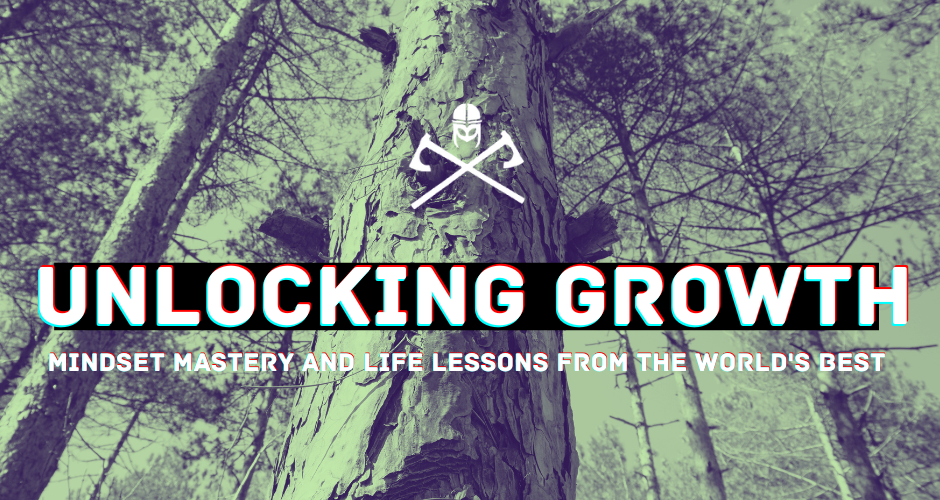
by Gene Crawford | Aug 13, 2024 | Podcast
Join us for an enriching Debrief episode of the Podcast as we unpack valuable life lessons from Arnold Schwarzenegger’s newsletter, “The Pump.” We emphasize the critical importance of recovery in every facet of life. Explore the principle of “garbage reps, garbage results,” which underscores the necessity of being fully present in your efforts—whether in workouts, business, or relationships. We’ll also discuss maintaining curiosity, the superiority of habits over motivation, and the foundational basics that keep us grounded. Tune in to gain insights on cultivating a solid mindset, dismissing overthinking about others’ opinions, and valuing consistency over perfection.
Additionally, we highlight an inspiring story about Spanish runner Ivan Fernandez’s act of sportsmanship toward Kenyan runner Abel Mutai, offering a compelling contrast to the “win at all costs” mentality. This chapter also tackles the issue of body shaming in sports, focusing on Olympic rugby athlete Ilona Maher and the outdated use of BMI as a fitness measure. We advocate for comprehensive health assessments and introduce a simple decision-making rule: considering the impact of something in 10 minutes, 10 months, or 10 years to gain perspective on life’s challenges. This episode is packed with actionable advice to enhance your mindset and daily routines, making it a must-listen for anyone striving for personal growth and resilience.
(more…)
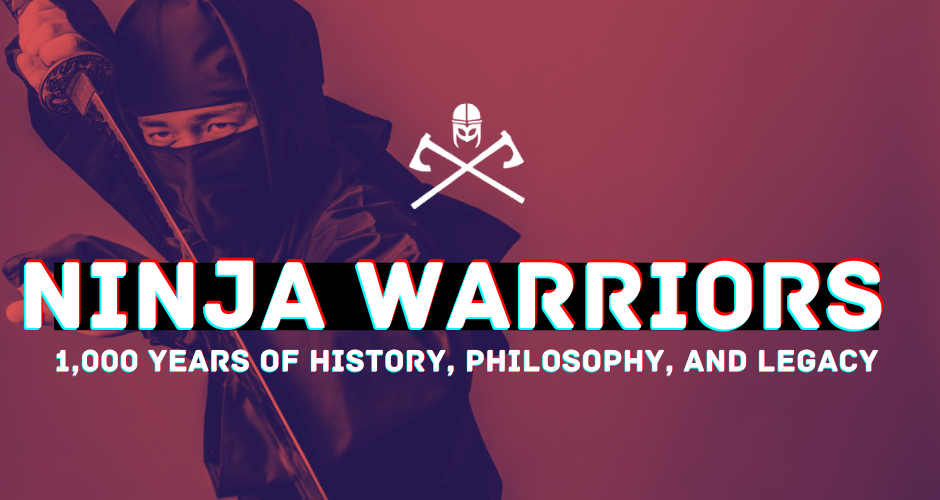
by Gene Crawford | Aug 6, 2024 | Podcast
Unlock the secrets of the shadow warriors and uncover the rich history of ninjas as we explore John Mann’s groundbreaking book, “Ninja: 1,000 Years of the Shadow Warrior.” From their origins in 6th century Japan to their intricate connections with Chinese military strategies, we dissect how these elusive operatives mastered guerrilla tactics and stealth, setting them apart from their Samurai counterparts. We’ll also share intriguing details about their grueling training regimens and the specialized tools that made them formidable agents of espionage.
Join us as we trace the enduring legacy of Ninjas in popular culture, from the silver screens of Japanese cinema to Western blockbusters like Deadpool and Teenage Mutant Ninja Turtles. Our discussion tackles the nuances of cultural appropriation and the fine line between historical fact and cinematic fiction. Learn how the timeless philosophies of Ninjas—adaptability, mental discipline, and strategic thinking—can be applied to enrich modern life and inspire today’s intelligence agencies. Plus, we break down a 15-point Ninja instructional poem that offers profound lessons for personal and professional growth.
(more…)
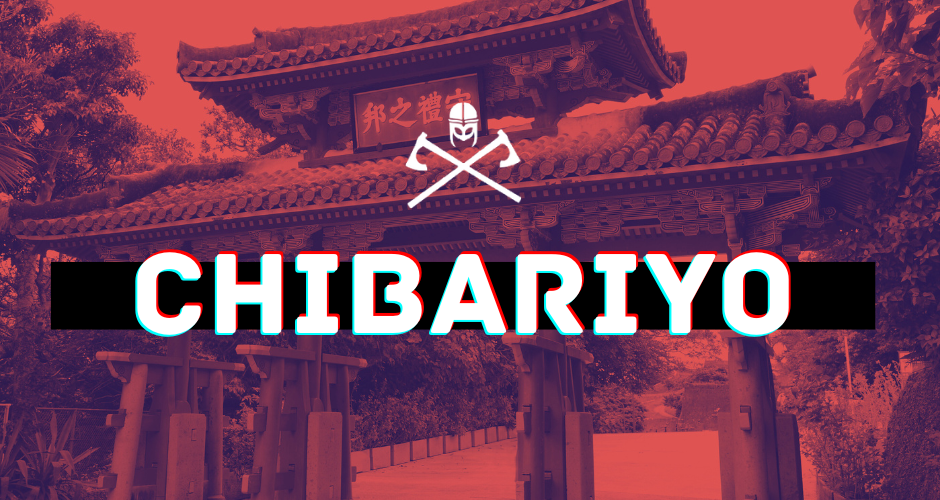
by Gene Crawford | Jul 30, 2024 | Podcast
Ever wondered how a simple phrase could transform your life? This episode sheds light on “Chibario,” an inspiring Okinawan term that translates to “do your best” or “never give up.” Rooted in the rich culture of Okinawa and its martial arts traditions like Karate-do, Chibario embodies the spirit of resilience and determination. We’ll explore how this powerful concept can be a game-changer in everyday life, whether you’re facing a daunting project or gearing up for a marathon. You’ll discover how adopting Chibario fosters not only personal strength but also a sense of community support, pushing you to break past your limits and achieve your goals.
(more…)
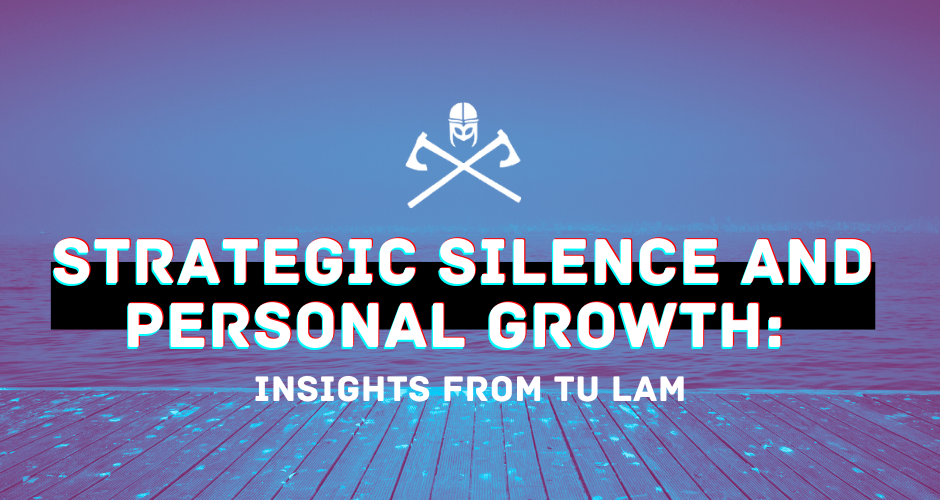
by Gene Crawford | Jul 23, 2024 | Podcast
Have you ever considered how silence can be a powerful tool for personal growth? This episode delves into this intriguing concept with Tu Lam, a former Green Beret, and an insightful author. Drawing from his book, “The Way of Ronin,” and his impactful social media presence, Tu Lam emphasizes the importance of strategic communication and knowing when to stay silent to avoid unnecessary drama. His principles offer a unique roadmap for navigating life’s challenges and achieving success.
The episode also brings attention to simple yet profound truths that one should recognize “by the age of 35“. These straightforward insights can have a dramatic impact on your life if you take them to heart. Tune in to explore these valuable perspectives and transform your approach to life.
(more…)






























